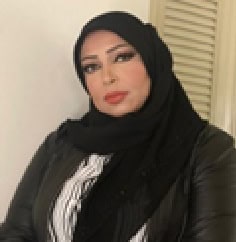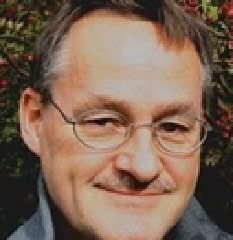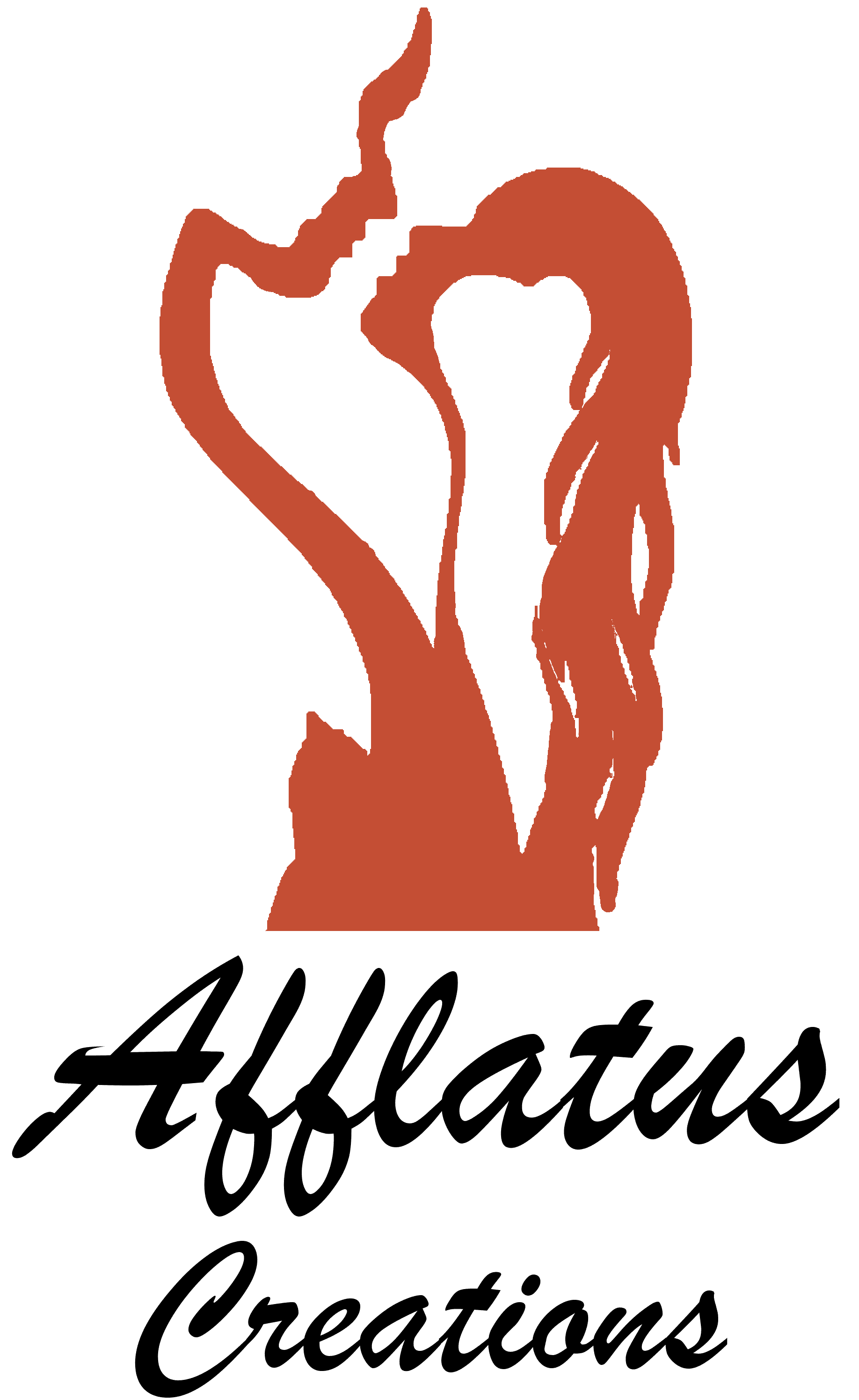Interview with Niels Hav conducted by Faleeha Hassan
Faleeha Hassan: If you could summarize your life in a poem, what would you say?
October – December 2024
Niels Hav: An interesting question, thanks a lot. The most important poem any of us writes is our life. My life, your life. The life we live. Written directly – without words – into the flesh of the world. This poem is about our close relationships with those we love. This poem is written with sweat and love and care. Compared to this, words are abstractions. But if I were to summarize my life in 1 poem, it maybe could be
EPIGRAM
You can spend an entire life
in the company of words
not ever finding
the right one.
Just like a wretched fish
wrapped in Hungarian newspapers.
For one thing it is dead,
for another it doesn’t understand
Hungarian.
FH: Between your early writing and now a long creative Journey, if you could go back in time to the beginnings of your first writing, would you erase a lot of it?
NH: I do not think so. When I was young, I was naive and innocent. And now I would like to keep in touch with my naivety from that time. It is true that life is a journey full of surprises. The only thing we learn from is our mistakes. And besides, everything one writes is part of an extensive conversation with living and dead poets about the fundamental things. – 30 years ago there was a widespread shared belief in a more peaceful future with international growth and harmony between nations. After the fall of the Berlin Wall in 1989, there was a sense that we were in a new terrain of global peace and freedom. Naive, it turns out. But the dream is real and beautiful, it’s essential and important. We must never give it up. I’m staying with the naive who dream and hope.
FH: Is it only deep experiences that give a great poem, or are daily life experiences the most capable of kindling the flame of poetry?
NH: The best poems are wiser than their author. Poetry is born out of a kind of inner necessity. It’s a mystery. We are physical beings and creatures; we live in a body with a thin skin. We can reach out and make contact, and we can touch each other physically, but with language there is the possibility of a deeper spiritual contact. A good poem is a gift from the spirits that rule the universe. Therefore, the best poems are wiser than the poet. Art contains collective insights. The poet’s brain and hand are just instruments for the collective spirit and the common wisdom. The best poems put words to collective experiences.
FH: Some poets avoid the translation, and their argument for that is their fear of losing the meaning and content of their poems. Have you ever hesitated to translate your poem into any language?
NH: Fear is a poor guide. Translations are necessary if the poems are to travel and meet readers on other continents. Especially when you write in a small language like Danish. Being translated doesn’t make me nervous, it’s like being reborn. The poems are reborn in other languages. Our globe contains a rich multitude of languages and alphabets. We Europeans are locked up in the Latin alphabet, but the Arabs, Chinese and other nations have other alphabets. It is wonderful that all these differences exist, I am happy that my poems escape the European ghetto, and it makes me proud to see the poems reborn in other alphabets.
FH: There are those who believe that the poet remains all his life, searching for his desired poem, which may never come. So, have you written your desired poem, or are you still searching for it?
NH: I’m still hunting. I am curious and in search of the enigmatic words that interpret the mysteries of our existence. Curious to understand what is going on. We are ants in an infinite universe, we stare at the stars without grasping their greatness. Wonder is a basic human feeling. Our brain is too small. The collective human knowledge accumulated over ten thousand years by philosophers, scientists and intellectuals is just a tiny light in the ocean of darkness that surrounds us.
FH: T.S. Eliot says in one of his poems, “I have measured out my life with coffee spoons” What does the poet measure his life with now?
NH: Yes, this is a line from Eliot’s poem “Prufrock”. I think his statement in this poem is a warning; he warns us against wasting time with trivial routines, coffee and small spoons. He want us to be more ambitious and challenge ourselves with bigger tasks. Today, the warning perhaps could relate to wasting time on social media and other time consumers.
Life is short, soon we are gone,
let’s use big spoons
and get something done.
FH: In the opinion of many critics, the poet is a mirror reflecting the history and culture of his society, is that so? and can we see the Danish culture clearly in your writings? Which poem clearly showed the cultural features of Denmark?
NH: Thank you, this is an interesting and complicated question. It is of course true that all literature is a mirror of place, time and culture. In that way Danish culture is part of the DNA of my poems. For example the poem WOMEN OF COPENHAGEN, which describes a bus trip in the Danish capital, and at the same time shares the global experience – sitting on a bus and dreamily falling in love with passengers who get on and off. – Copenhagen is a multi-ethnic capital, people from all over the world live here. In general, there is a fundamental tolerance in Danish culture. All colors and cultures are welcome here, the poem tries to reflect this Danish tolerance and curiosity to meet new people.
FH: The mission of a poet in the ancient era was a spokesperson for his people. Has this mission changed? what is the role of a poet in modern-day society?
NH: Every poet has his own role and mission; we are different and there are many paths to the waterfall. But I think that in general the role of the poet has not changed much; the noblest task is still to find words for the common need and misery, and words for the longings and dreams we have in common. To become a spokesperson, that is a beautiful ambition.
FH: Roger Fritz says: “Learning is not about memorizing facts by heart, but about knowing what to do with them”. Have you ever thought what we will do with the poetry we write?
NH: A brilliant final question. There are wars in Africa and a war in Europe. Young soldiers die. Lives are lost, women and children. Pointless. If literature could change the world, no one would be a soldier after reading the Iliad by Homer. More people are on the run than ever. Wars, climate disasters and post-colonial exploitation drive people on extremely risky journeys across the Mediterranean. Human madness is reborn with each new generation, therefore literature and art are needed as medicine and a bulwark against the general madness.

Faleeha Hassan, three Times bestseller author on Amazon. Pulitzer Prize Nomination 2018,
PushCaret Prize Nomination 2019.Winner of the Women of Excellence Inspiration award from SJ magazine 2020, Winner of the Grand Jury Award (the Sahitto International Award for Literature 2021), Winner of women the arts award 2023, Winner of Her Story Award from women’s Federation for world peace new Jersey 2024

Niels Hav is a Danish poet and author, born on November 7, 1949, in Lemvig, Denmark. He currently resides in Copenhagen. Hav has published several collections of poetry and short stories, with his works being translated into numerous languages, including English, Arabic, Spanish, Italian, Turkish, Dutch, and Chinese.
